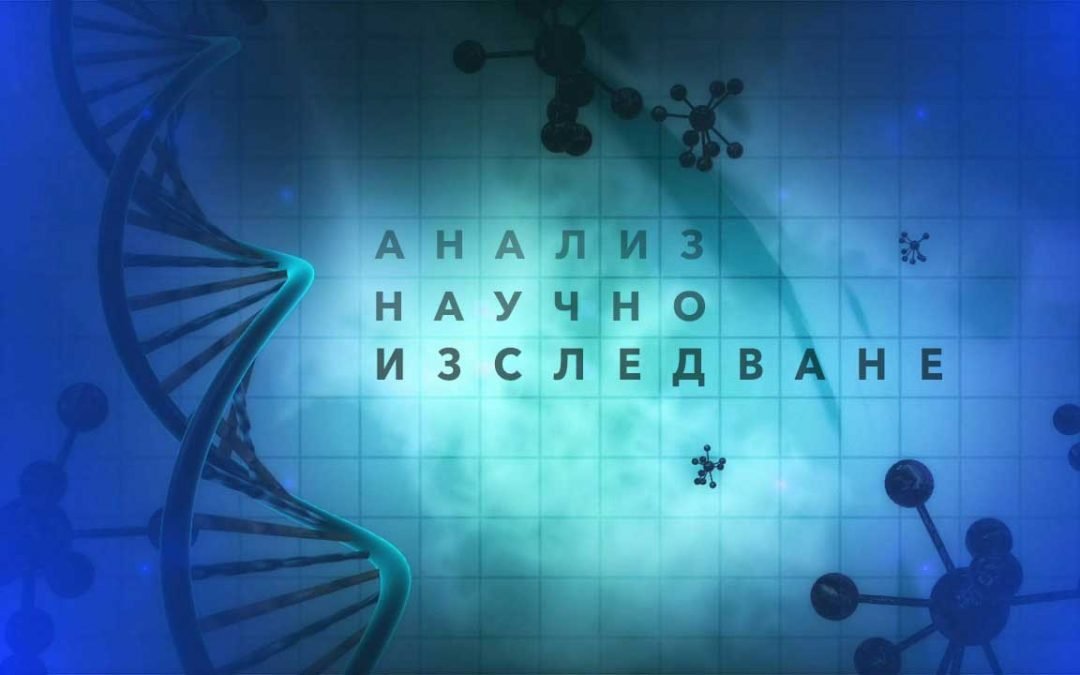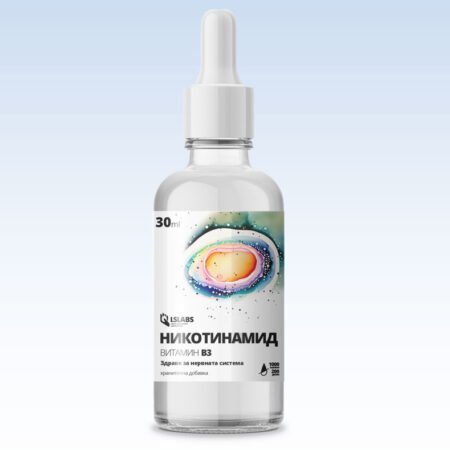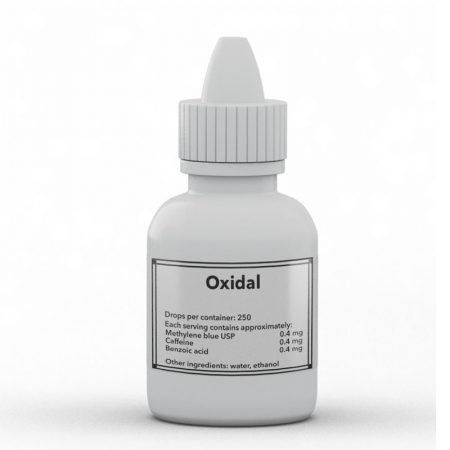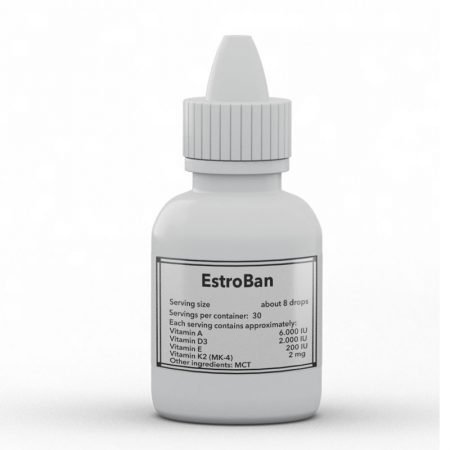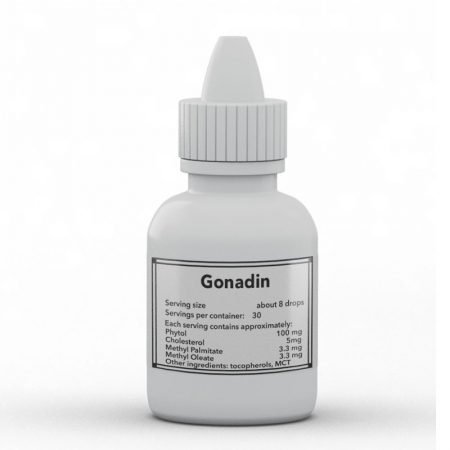Още едно изследване, което показва благотворния ефект от подобряването на митохондриалните функции. Този път проучването е насочено към сърдечното здраве и открива, че прекурсорите на NAD (никотинамид аденин диннуклеотид) като ниацинамид и никотинамид рибозид (NR) могат да предотвратят намаляването на митохондриалната функция и консумацията на кислород, причинени от различни видове стрес, включително токсични атаки и прекомерен калций.
Изследването показва, че лечение само за 3 дни с еквивалентна доза при хора от 50 мг/кг NR възстановява много от уврежданията на сърдечните клетки, причинени от стрес. Като се има предвид, че ниацинамид и NR са еднакво способни да повишат нивото на NAD или да стимулират UPRmt (отговор на разгънатия митохондриален протеин), резултатите от проучването би трябвало да могат да се възпроизведат с използването на обикновен ниацинамид (никотинамид) в същите дози като NR.
https://www.sciencedirect.com/science/article/pii/S0735109719306047?via%3Dihub
“…Nicotinamide riboside, a novel form of vitamin B3, may help maintain mitochondrial function by stimulating a cellular repair pathway, suggests a new study using ChromaDex’s Niagen product. Animal data published in the Journal of American College of Cardiology indicated that supplementation with nicotinamide riboside (NR) was associated with stimulation of a cellular response called the “mitochondrial unfolded protein response” (UPRmt) that helps maintain mitochondrial function. The study, conducted by principal investigators Prof. Ajay Shah and Dr Ioannis Smyrnias at Kings College London, also included a preliminary investigation of human heart tissue samples and found positive correlations between increased UPRmt activation and markers of healthy heart function. “NR supplementation is a new and exciting intervention that merits testing in the human treatment of heart failure and other cardiac conditions,” said Prof. Shah in a press release.
Mitochondria play a vital role for heart function by generating ATP to support the contraction and relaxation of the heart muscle. “Mitochondrial dysfunction is a central feature of heart failure by contributing to energetic dysfunction, oxidative stress, calcium dysregulation, and cardiomyocyte death, and is considered a potential therapeutic target,” explained the researchers. The results from the in vitro and mouse studies showed that stress led to a short-lived induction of UPRmt. By boosting UPRmt with NR “significantly mitigated the reductions in mitochondrial oxygen consumption induced by these stresses”, said the researchers. “Enhancement of the UPRmt ameliorates mitochondrial and contractile dysfunction, suggesting that it may serve an important protective role in the stressed heart,” concluded the researchers.
-
Ниацинамид 100% усвоим26.90лв.

